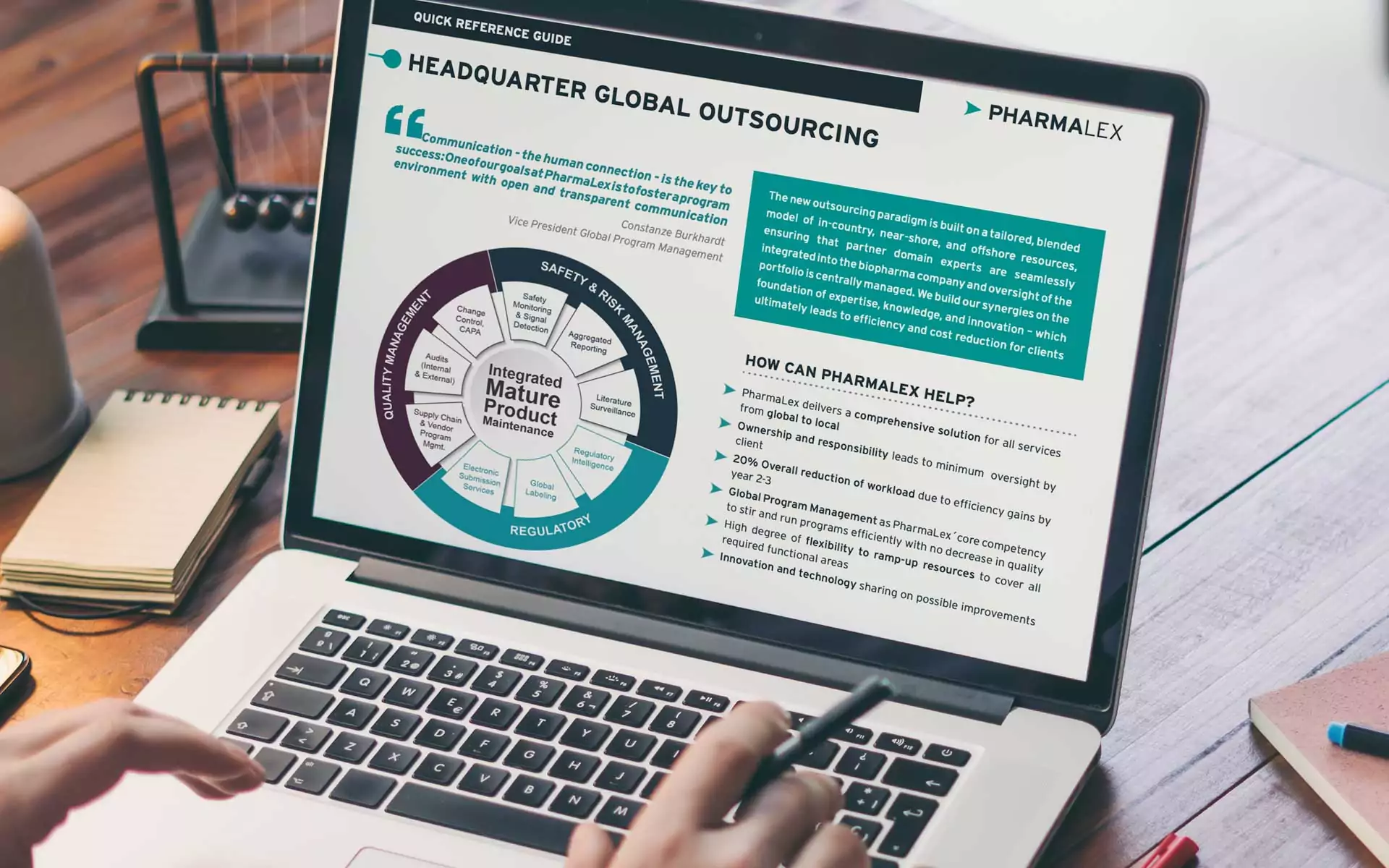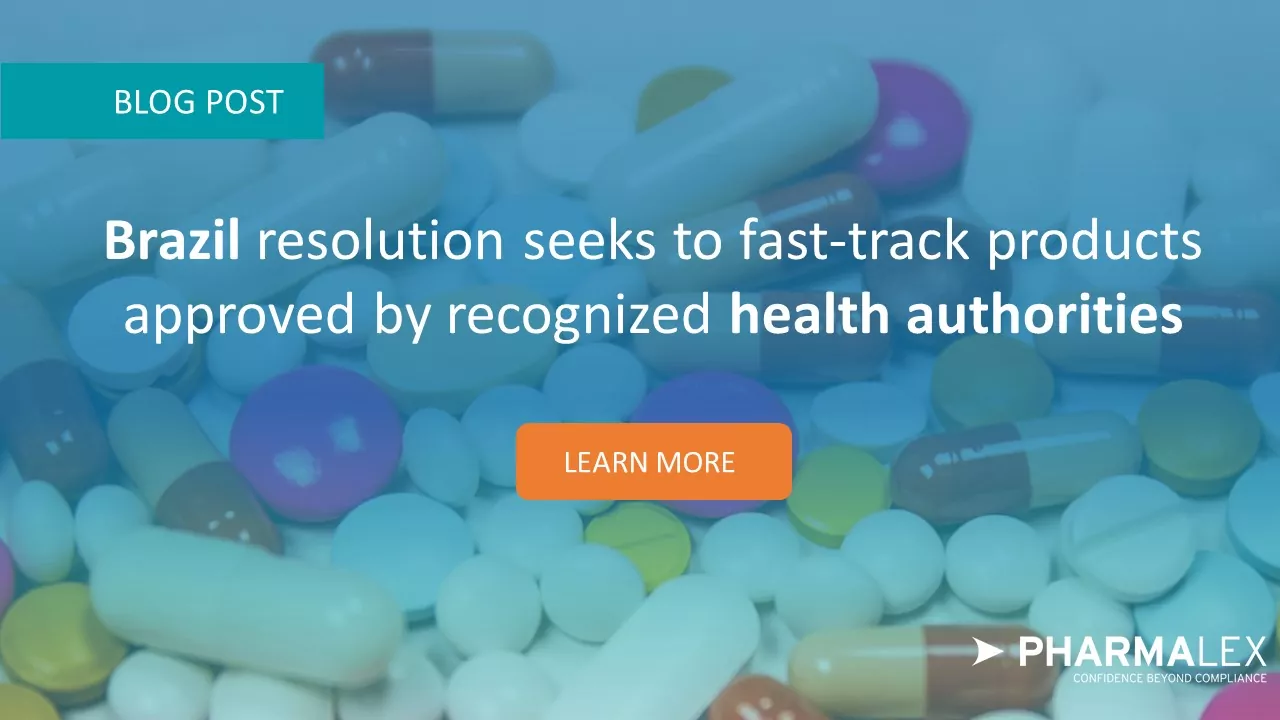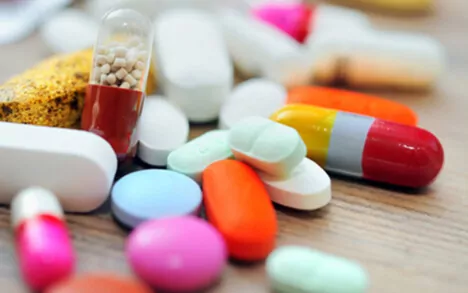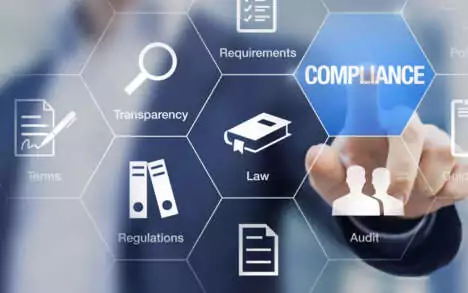Brazil has taken a huge step toward making it easier to bring some new medicines to the market. On August 17, 2022, the country’s national health authority, ANVISA, passed a resolution referred to as an optimized analysis procedure, that would help to accelerate approval of products that have been approved by equivalent foreign regulatory authorities. Products affected by the resolution include medicines for human use with synthetic and semi-synthetic active principles, classified as new, innovative, generic and similar.
The resolution, which entered into force on September 1, specifically allows for analysis carried out by named health authorities to be admissible as part of ANVISA’s surveillance process.
As a member of the ICH Steering Committee, ANVISA is working toward harmonizing the interpretation and application of guidelines and requirements for product registration as well as pharmacovigilance and clinical research activities. Recognizing analysis conducted by equivalent regulatory authorities and creating optimized analysis procedure registration routes serves that goal. The instructional documentation may be used in whole or in part as a complementary reference to ANVISA’s technical analysis. The framework allows for the possible replacement of new studies with existing data from clinical studies carried out in other countries.
The resolution provides for the input of technical data in the decision-making process, for example, for protocols, guides, monographs, authorizations, votes, letters, certificates, declarations, and reports or technical opinions issued by entities, national or international information regarding the safety and efficacy of the drug or API. This also includes real-world evidence and real-life data, a growing priority for regulators.
Improving access while ensuring local requirements are met
While this is an important step to improve access to new medicines, the procedure does not mean automatic approval for products that have been accepted by recognized equivalent health authorities. Irrespective of the documentation to be filed for the optimized analysis procedure, the applicant must submit the full technical and legal documentation provided for in the current health regulations, unless specifically excepted.
The analysis performed by equivalent foreign regulatory authorities may be admitted for the purpose of adopting an optimized analysis procedure facilitated by regulatory best practices, such as collaborative work and mutual or unilateral recognition, among others. ANVISA has listed equivalent health authorities as: the European Medicines Agency, Health Canada, SwissMedic, the UK’s Medicines and Healthcare products Regulatory Agency, the US Food and Drug Administration, the European Directorate for the Quality of Medicines and Health Care European Directorate for the Quality of Medicines & HealthCare, and the World Health Organization.
There are also specific requirements with regards to good manufacturing practice (GMP), and stability studies according to the country’s climatic zone, for example.
Given these differences, marketing authorization holders can submit the full dossier used in their application to equivalent health authorities, or they can submit part of the original dossier supplemented with a local dossier to ensure their submission is robust enough to meet ANVISA’s requirements.
While there will still be a need for some local studies and documentation to support a submission to ANVISA, the resolution is a positive step for companies and for patients, and should allow innovative products to be brought to the Brazilian market more rapidly and with fewer barriers.
What does the new resolution mean for your product launch goals in Brazil? And what questions do the country-specific requirements raise for you?
About the author:
Fatima Montiero is Senior Manager, Regulatory Affairs, LATAM, at PharmaLex, providing support for clients seeking to obtain marketing authorization approvals in Brazil and other countries in Latin America, as well as helping to define regulatory strategies for product registration and providing support for interaction with the health authorities.







